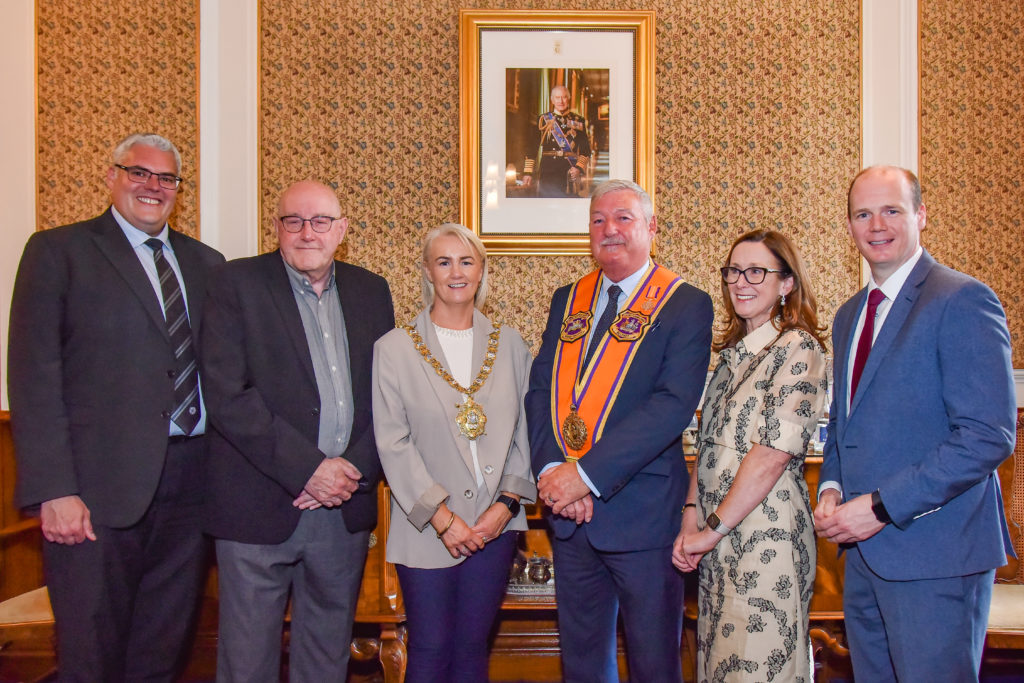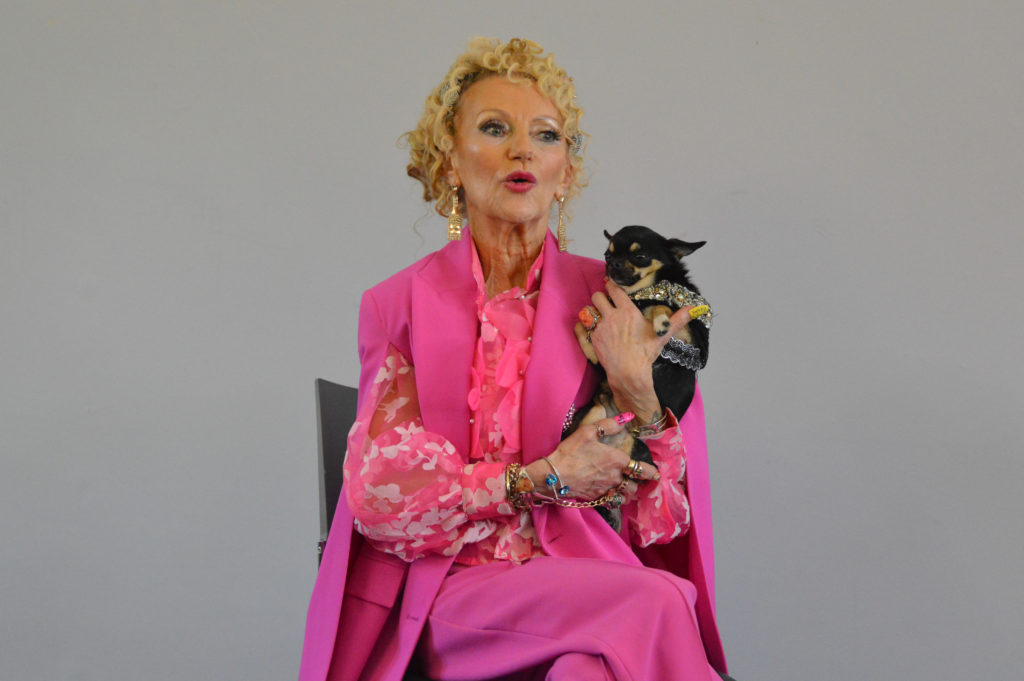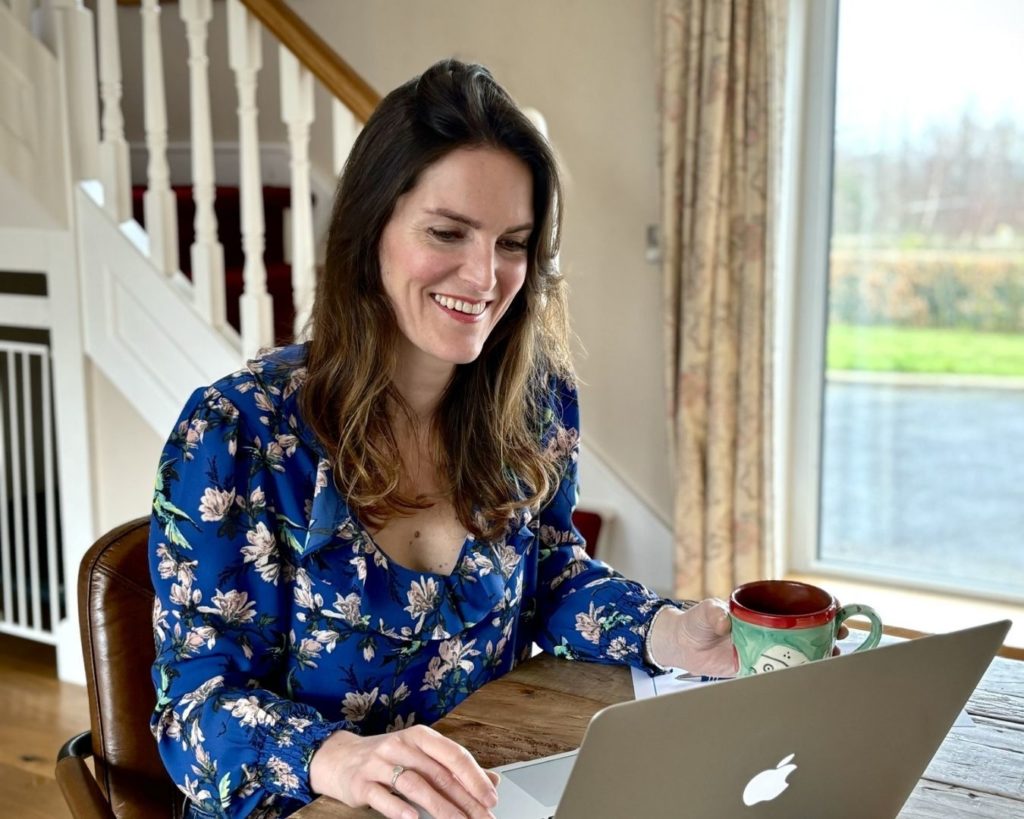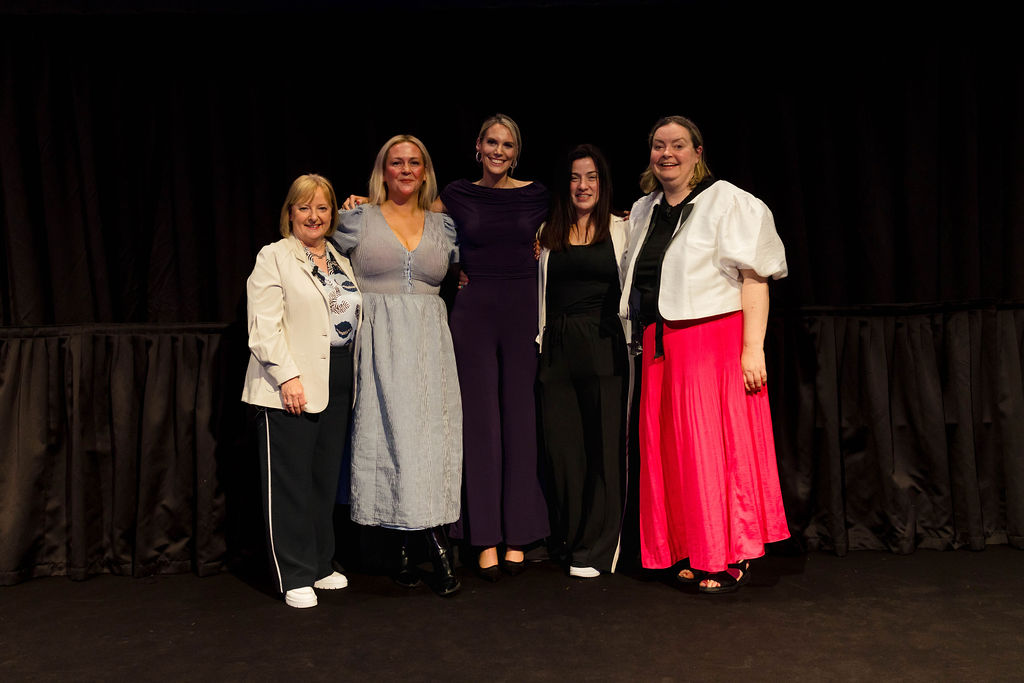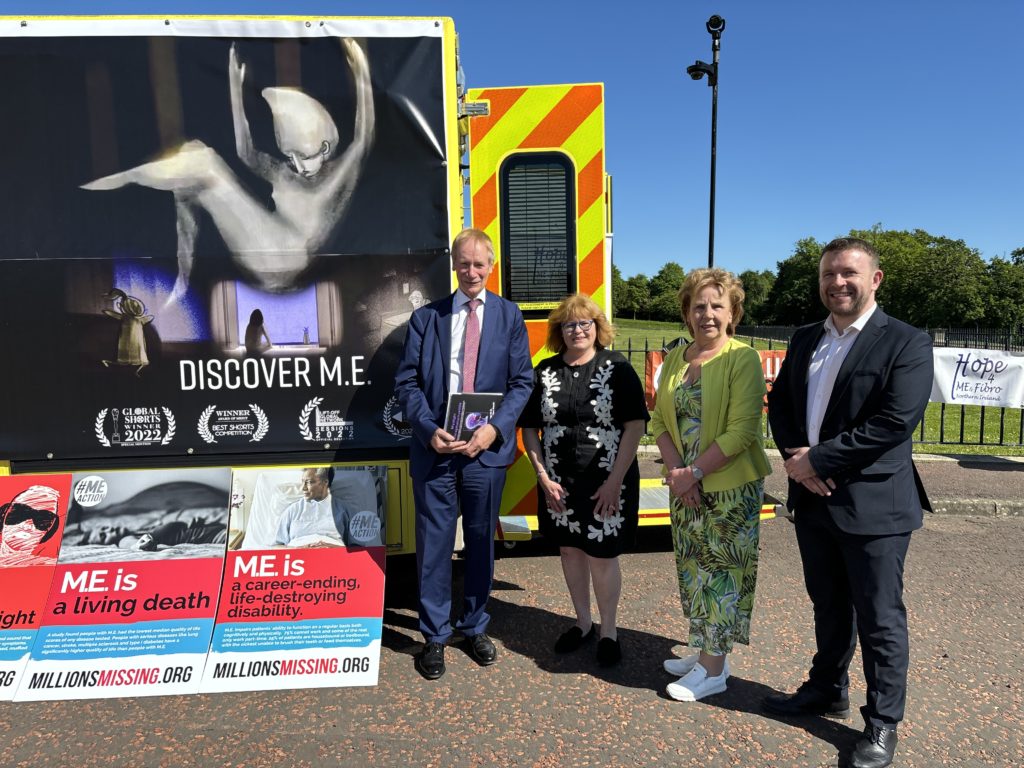By Mark Johnston, Johnston Financial Solutions
The recently published Northern Ireland SME Access to Finance Report 2025, developed by the British Business Bank in partnership with Enterprise Northern Ireland, offers a detailed picture of how small and medium-sized businesses are managing, seeking and accessing finance.
With 1,014 responses gathered across all council areas, it provides a statistically significant view of the challenges, confidence levels and financial behaviours of Northern Irish SMEs.
At Johnston Financial Solutions, our day-to-day work puts us in direct contact with business owners who are navigating this landscape in real time.
This report not only reinforces what we see on the ground but also offers insights that are critical for future planning and support.
Here’s what stands out and what it means for Northern Ireland SMEs:
Finance remains essential but not evenly accessed
More than half (57%) of smaller businesses in Northern Ireland reported using some form of external finance in late 2024. Covid-19 loans remain the most used product, still active in 24% of businesses.
Traditional tools like credit cards (17%) and overdrafts (12%) also remain common, largely due to ease of access.
However, this use is not consistent across all regions. Businesses in the North East/East and South are statistically less likely to be using finance, both reporting only 53% uptake.
In contrast, Mid Ulster continues to show the highest reliance on pandemic-era support, with 42% of businesses still using Covid loans.
What this means for SMEs: Finance is still a cornerstone for business continuity and growth, but gaps in awareness and accessibility remain.
Businesses in rural or coastal areas are more likely to be unaware of available options, particularly as physical access to banks continues to decline.
This highlights the importance of proactive, impartial brokerage to ensure all businesses can identify and secure the finance best suited to their needs.
Barriers to finance are significant but solvable
One in five businesses (21%) experienced barriers to accessing finance. The most commonly cited reasons were concerns about the ability to obtain or repay finance (41%) and a lack of awareness or availability of options (27%). Time-consuming application processes and poor relationships with providers were also featured.
These figures are in line with 2023, suggesting little progress has been made in addressing these underlying issues. Notably, businesses in Mid Ulster reported a higher rate of difficulty (33%), while those in the South fared better (18%).
What this means for SMEs: There is still a clear need for better financial education and more visible support.
Many business owners continue to be unaware of what’s available or believe they won’t qualify. This leads to underutilisation of suitable products.
At Johnston Financial, we regularly support businesses that have assumed they won’t be eligible for funding – only to discover there are accessible, affordable solutions once they’re guided through the process.
Debt is manageable for most but caution is needed
The vast majority (91%) of businesses using debt finance said their current levels were manageable. This indicates that while many SMEs have taken on debt, especially through pandemic-related schemes, most feel they are in control of their repayments.
That said, this figure masks the reality that not all businesses may be accessing the most suitable type of finance. The over-reliance on credit cards and overdrafts, for instance, may expose SMEs to higher costs or restrictive terms.
What this means for SMEs: While businesses may feel comfortable with their current debt, it is important to review existing arrangements and consider alternatives that could offer more stability, flexibility or cost savings.
An independent broker can play a valuable role in helping businesses restructure or refinance with more suitable products.
Demand for finance is growing
Nearly half of all businesses (48%) said they expect to need additional finance in the next year. In Belfast, that figure rises to 60%. Most businesses (74%) expect to need less than £50,000, while 18% anticipate needing between £50,000 and £250,000.
Planned uses include working capital (59%) and capital investment (58%), with smaller numbers considering investment in innovation or sustainability. Confidence in securing finance is also rising, with 61% of businesses saying they feel confident – up from 51% the year before.
What this means for SMEs: The appetite for growth is back on the rise. As demand increases, it’s important to ensure businesses are well prepared.
Clear financial documentation, up-to-date business plans, and realistic forecasting can make a major difference to application success rates.
Preparing early gives businesses the best chance to access the right type of funding at the right time.
Grant awareness is high but over-relied upon
Grants and business loans were equally the most cited forms of finance businesses planned to apply for next, each mentioned by 45% of those expecting to need additional funding. Businesses in Belfast, the North East/East and the South were particularly likely to seek grants.
While grants can be an excellent funding source, the report suggests they may be over-relied upon. There’s a risk that businesses are holding out for funding that may be limited, competitive or unsuitable for their particular growth plans.
What this means for SMEs: Grants should form part of a wider financial strategy rather than be seen as the only solution.
Being open to repayable finance, including asset finance or unsecured loans, can help businesses act faster and more strategically.
Exploring blended finance options is one way to maintain agility while still taking advantage of available support.
Location continues to shape opportunity
Access to finance remains uneven across regions. Businesses in urban hubs like Belfast and Derry tend to benefit from stronger networks, better access to support services, and greater awareness of available options. Rural areas, on the other hand, face clear disadvantages.
What this means for SMEs: Being based outside a major city doesn’t mean support is out of reach – but it often requires more active seeking of information and the right partners.
Growth optimism is rising
Encouragingly, 61% of businesses across Northern Ireland expect growth in the next 12 months, up from 54% the previous year.
This puts NI ahead of Scotland and Wales in terms of business optimism. Only 7% of SMEs anticipate contraction, and just 5% believe they are at risk of closure.
What this means for SMEs: While the environment remains challenging, especially with cost pressures and ongoing economic uncertainty, many businesses are looking ahead with renewed optimism.
The ability to secure finance is a key part of unlocking that potential, but only if business owners take early, informed action.
The insights in this report mirror what we’re hearing every day from business owners across the region.
Finance is a critical tool – but only when it’s understood, accessible, and well matched to the needs of the business.
At Johnston Financial, we help Northern Ireland businesses make sense of the options, identify the right solutions, and put strong financial foundations in place.
If you’re one of the 48% of SMEs planning to seek funding this year, now is the time to take stock and prepare.
We’re here to help you do that. You can book a free, no-obligation consultation with us to explore your options and start your funding journey with clarity and confidence at johnstonfinancialsolutions.co.uk or call 07803 312 874.
This article is for information purposes only and should not be considered financial advice. Johnston Financial Solutions is an independent commercial finance broker and is authorised and regulated by the Financial Conduct Authority.

